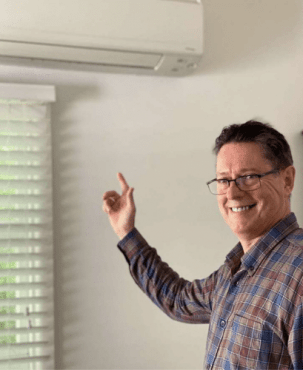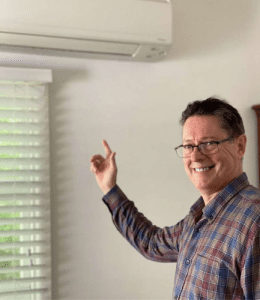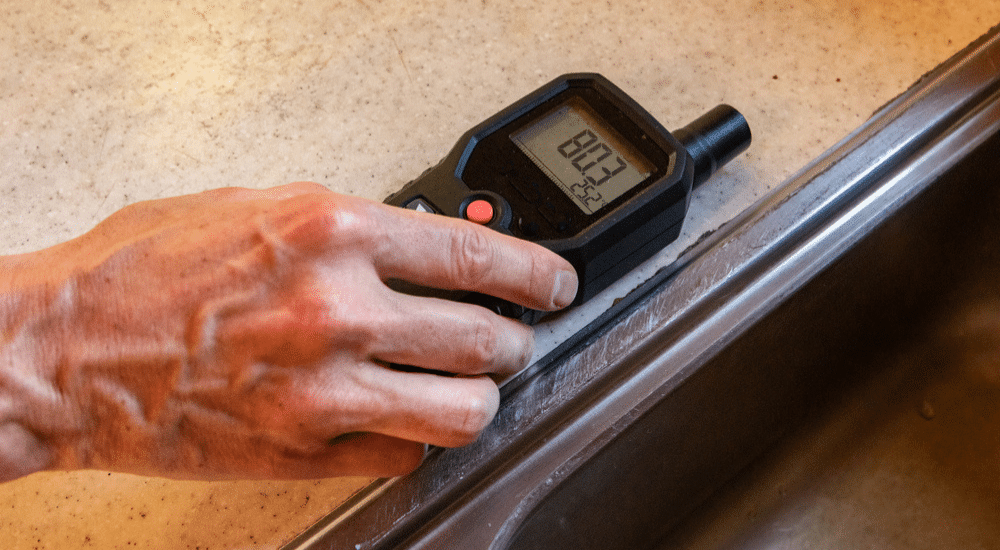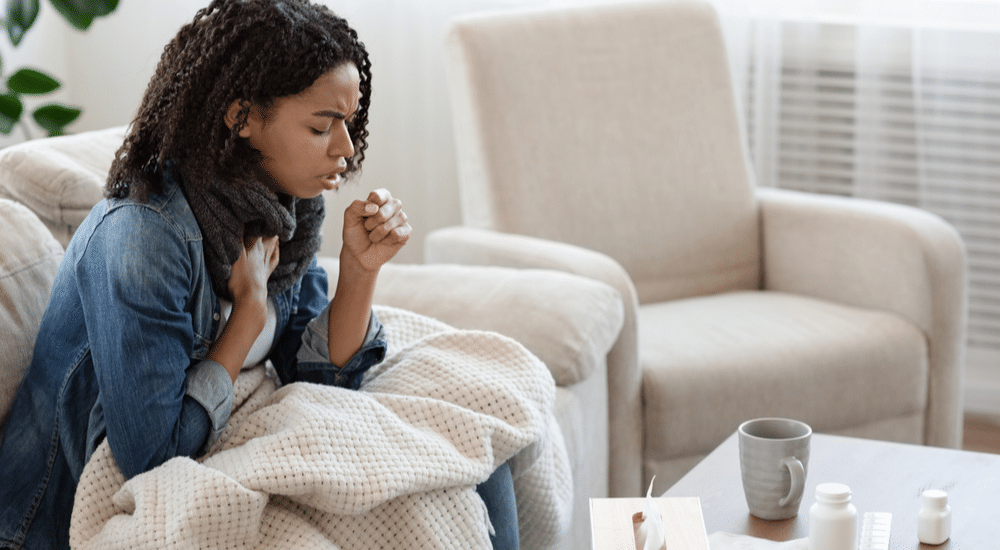
The quality of the air you breathe depends on your ventilation
How does poor ventilation affect your health?
When a space is poorly ventilated, harmful pollutants can get trapped inside without you even realising it.
Because there’s no way for these to be filtered out, even naturally through the flow of air, these contaminants continue to accumulate in your home, making your indoor air toxic and unhealthy.
This may affect your health and lead to symptoms like:

Itchy eyes and an itchy throat

Sneezing

Headaches

A congested nose
Irritants in the air of a poorly ventilated home can even act as asthma triggers, which may be very dangerous and damaging if you or your loved ones suffer from this condition.
Why is poor ventilation dangerous?
Poor ventilation can lock in many kinds of irritants inside your home and lead to the complications highlighted above. This is exacerbated by the following contaminants.

Volatile organic compounds (VOCs)
VOCs refer to gases produced by certain chemicals contained in common household products like wood preservatives, aerosol sprays, disinfectants and insecticides.

Carbon monoxide
Carbon monoxide is a colourless and odourless gas that may be produced by faulty gas cookers. It can prove highly toxic and even life-threatening in certain concentrations.

Moisture and mould
Although moisture is relatively harmless, high levels of it can increase the humidity in your home, leading to an indoor environment that’s muggy. It can also lead to mould.
The latest insights on indoor air quality
What does a building biologist do?
A building biologist is a qualified and experienced professional who can assess the state of your home’s indoor environment and provide recommendations on improving your air quality.
At Building Harmony, for instance, I help you create a healthy home using industry-leading technology to assess your air quality. I also help you understand which sources of pollution produce harmful irritants inside your space and how you can reduce them.
Who am I?
My name is Russell Williams and I’m a professional building biologist in Sydney.
I’m qualified to conduct health assessments of your homes and workplaces because in addition to my experience, I’ve also completed a recognised course in mould testing (BLDBIO605 Conduct a Mould Assessment) and an Advanced Diploma of Building Biology at the Australian College of Environmental Studies, which is a nationally-accredited training service provider.
My other qualifications include a BSc (Hons) in Environmental Studies and a TEC Ordinary Chemical Technicians certificate.

Who am I?
My name is Russell Williams and I’m a professional building biologist in Sydney.
I’m qualified to conduct health assessments of your homes and workplaces because in addition to my experience, I’ve also completed a recognised course in mould testing (BLDBIO605 Conduct a Mould Assessment) and an Advanced Diploma of Building Biology at the Australian College of Environmental Studies, which is a nationally-accredited training service provider.
My other qualifications include a BSc (Hons) in Environmental Studies and a TEC Ordinary Chemical Technicians certificate.

What people say about Building Harmony
Frequently asked questions
Frequently asked questions
Q1) Can a home that I’m about to purchase be assessed before I move in?
Yes. Building biologists like myself conduct air quality assessments on new homes that you may be planning on moving into. I can carry out an onsite assessment to evaluate the air for certain contaminants and give you an idea about what you can do to address any issues.
Q2) Can poor air quality cause certain infections?
Poorly ventilated homes may trap harmful bacteria and viruses inside your home and this may lead to you or your family developing various airborne illnesses like influenza.
Q3) Will I need to restructure my home to improve my air quality?
No. To maintain purer air quality, the steps you need to take are simple.
To begin with, be mindful of the cleaning agents and sprays you use inside your home. Go for VOC-free products as far as possible. What’s more, if you or your loved ones smoke, try and smoke in the garden or outside your bedrooms.
Simple steps like these can go a long way in maintaining a cleaner and healthier space.
Get in touch for an air quality assessment
Speak to me to learn more about how you can create a safer, healthier and happier home.


